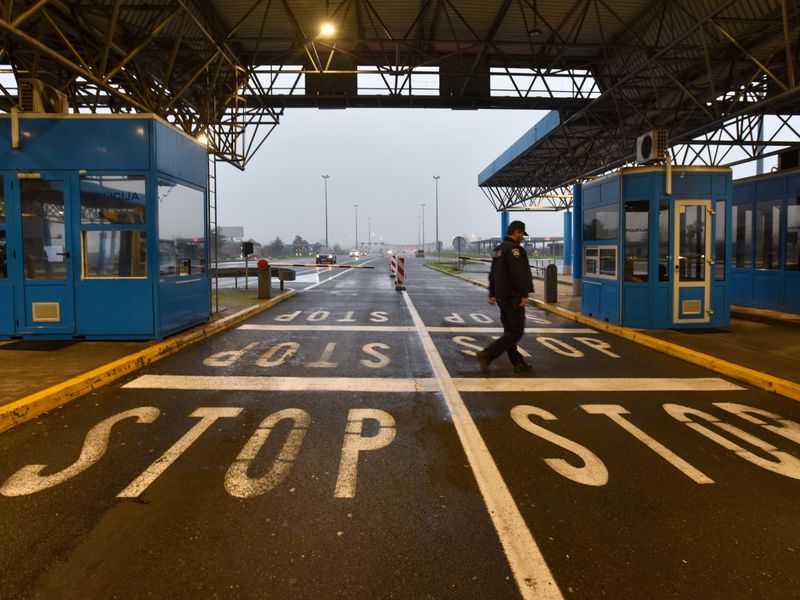“`
Brussels – The implementation of controls at the internal borders of Schengen must be temporary, Czech Interior Minister Vít Rakušan emphasized today in Brussels during a meeting with his EU counterparts. Better functioning of the Schengen area will be ensured, according to him, when the EU’s external borders are better protected and return policy works. Internal border controls have been implemented by countries such as Germany, specifically at the border with the Czech Republic. Rakušan also applauded the full acceptance of Bulgaria and Romania into Schengen from January 1, which was approved today. He said the Romanians and Bulgarians have long fulfilled all obligations.
“The joy of the Bulgarians and Romanians was truly great today. However, I would like to point out one more thing, it’s not just about completing a certain forty-year effort, where finally Schengen comes together as it truly should be, but I genuinely think that this decision in Romania can also affect the trust or mistrust Romanian citizens will have towards the European integration project in general,” said Rakušan. As he mentioned, two months ago he gave a “quite sharp speech” at a ministerial meeting, calling on all states blocking the full entry of Bulgaria and Romania into Schengen to “forget their particular interests related to domestic politics and see the European project as something that must bring positive news and messages to people in individual countries”. “The Romanians and Bulgarians have fulfilled everything, they fulfilled it long ago, and today, besides great congratulations, means that the European project still makes sense,” the minister added.
Schengen is the largest area of free travel in the world. The borders between France, Germany, Belgium, the Netherlands, and Luxembourg were first abolished in 1985. Currently, the Schengen area consists of 29 countries – 25 EU states and also Iceland, Norway, Switzerland, and Liechtenstein – and more than 450 million people. According to Schengen rules, border guards should not control travelers at internal borders at all. Besides Germany, however, some other member states are now guarding their borders, citing efforts to limit illegal migration or the threat of Islamist terrorism, for example. (December 12)
“`
 go to the original language article
go to the original language article
